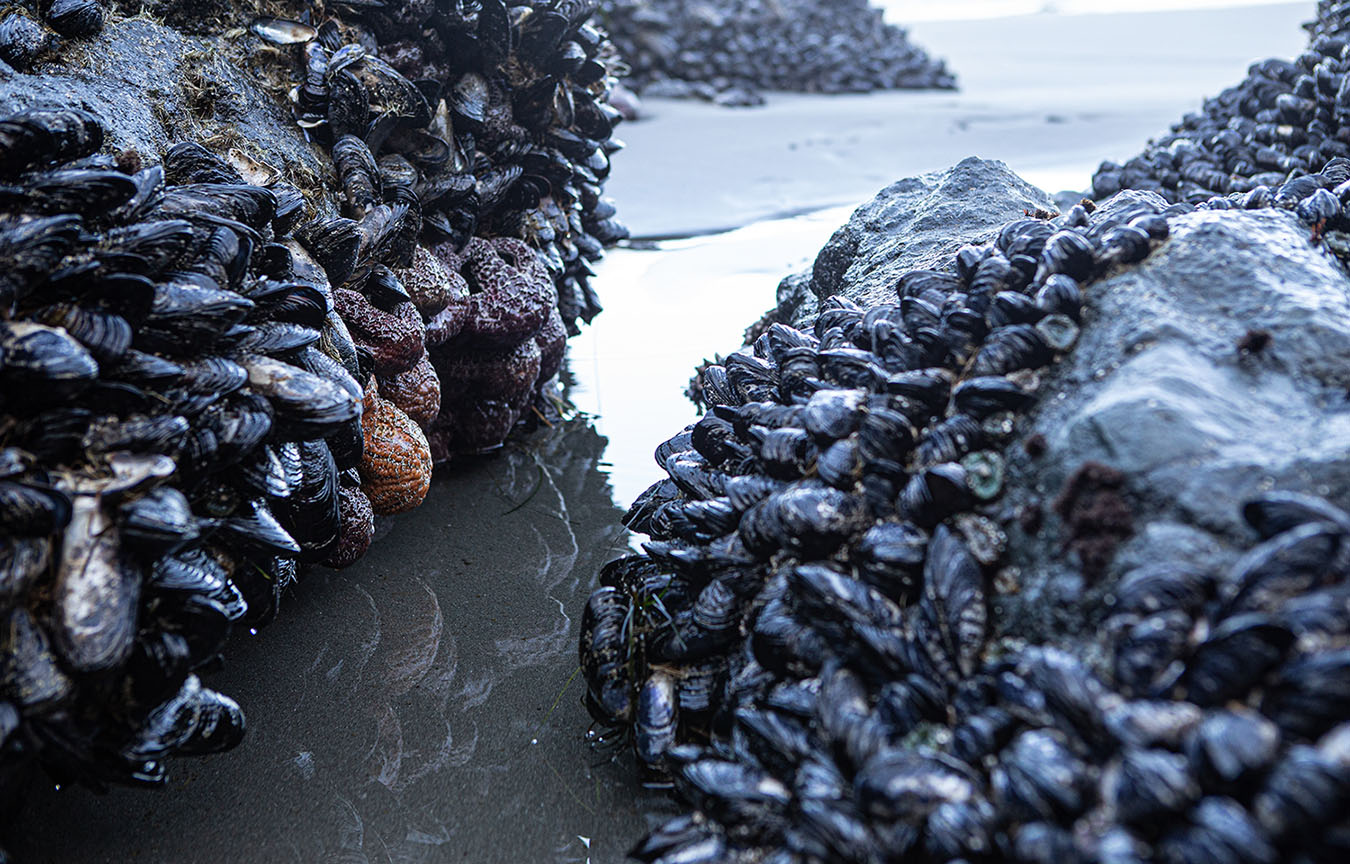An outbreak of paralytic shellfish poisoning (PSP) has sickened at least 20 people in the U.S. state of Oregon, according to the Oregon Health Authority (OHA).
The people who have reported as sick were recreationally harvesting mussels on 25 May or 26 May at either Short Beach near Oceanside, at Hug Point, or at Seaside in Clatsop County. Some have been hospitalized, but no deaths have been reported.
Individuals who harvested mussels from those areas should immediately discard them, the OHA has recommended. The recommendations only apply to mussels harvested by private individuals – not those harvested commercially and purchased in a grocery store or at a restaurant, Emilio DeBess, an epidemiologist at the Oregon Public Health Division’s Acute and Communicable Disease Prevention Section, said.
On 23 May, the Oregon Department of Fish and Wildlife (ODFW) and the Oregon Department of Agriculture (ODA) closed a stretch of Oregon’s coast to mussel harvesting from Seal Rock State Park north to Cape Lookout due to high levels of PSP. On 25 May, the mussel harvest closure was extended from Seal Rock State Park north to the Washington border.
“We have two messages: If you have any mussels gathered since Saturday from beaches within the area of coastline that ODFW and ODA closed to harvesting that you are preparing for a meal or keeping in the freezer for a later time, throw them out now and do not feed them to pets,” DeBess said. "If you have eaten any of these mussels and are feeling ill, see a doctor right away.”
Additionally, recreational harvesting of razor clams has been prohibited from Cape Blanco to the California border due to high levels of the marine biotoxin domoic acid, according to the ODA.
PSP, a foodborne illness, is caused by eating shellfish – including scallops, mussels, clams, oysters, and cockles, as well as some fish and crabs – contaminated with the naturally occurring biotoxin, according to the Centers for Disease Control and Prevention.
PSP can be deadly, especially for children, OHA said. Appropriate medical care can lessen the biotoxin's harm, but there is no antidote for PSP. Instead, treatment involves supportive care and, if necessary, respiratory support. The symptoms of PSP include numbness of the mouth and lips, nausea, vomiting, diarrhea, weakness, shortness of breath, and irregular heartbeat.








